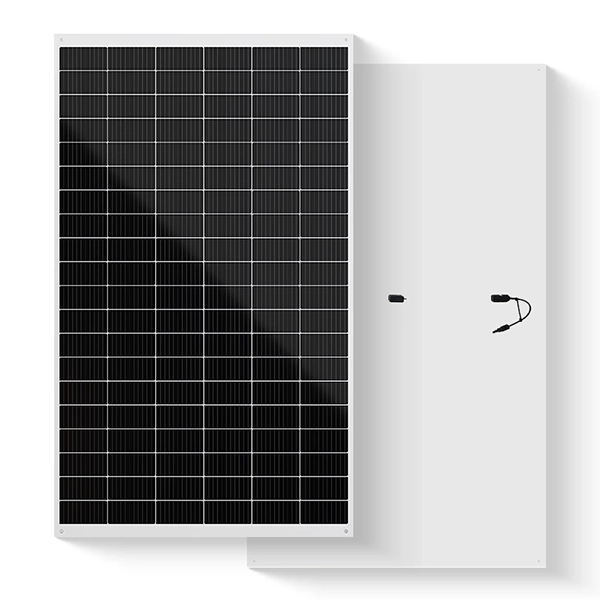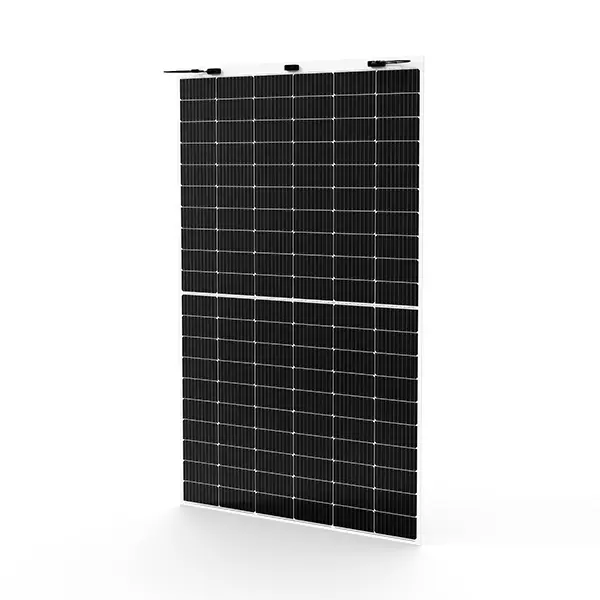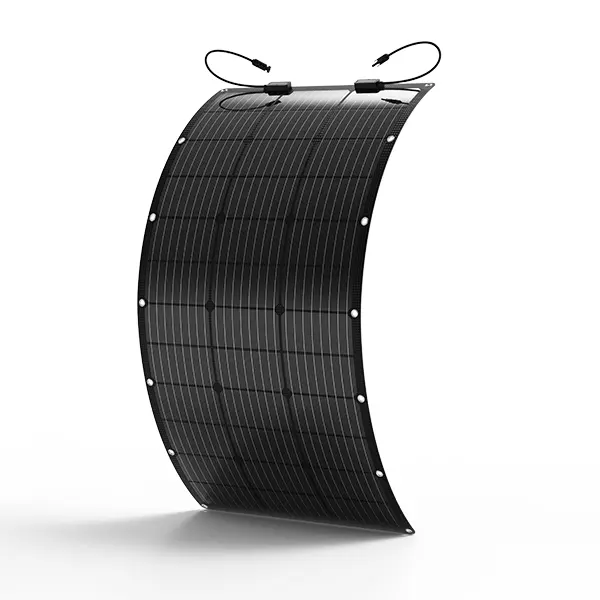What are the common solar batteries
The main classification of rechargeable batteries has been discussed earlier, and now we will talk about the batteries that can be used in solar energy storage systems.
1. Lead-acid battery
This is the earliest used and cheapest solar battery. However, they store less electrical energy than other batteries for the same volume. This means you will need to buy more lead-acid batteries to store electricity.
The lead-acid battery (Depth of discharge) has a low DoD value and a lifespan of 5 to 10 years. It is not an environmentally friendly energy source and is highly polluting. So, although they are cheap, they are not popular in the modern green energy system.
Scope of application:



There are two types of lead acid batteries:
1. Flooded lead-acid (FLA) battery
2. Sealed lead-acid (SLA) battery
2. Lithium battery
This refers to lithium-ion batteries, which are often used in high-end products such as laptops and mobile phones. In recent years, it has become more and more popular in solar energy applications.
Lithium-ion batteries are among the most expensive solar batteries for a number of reasons:
Maintenance free
Long service life, at least 10 years
More efficient power usage
More available storage capacity
Smaller and lighter than lead-acid batteries
The biggest disadvantage of lithium-ion solar batteries is that they are prone to “thermal runaway”. This means they can overheat and catch fire or even explode if installed incorrectly.
Scope of application:


Ericsity solar generator

3. Lithium polymer battery
This type of battery is similar to a lithium-ion battery, but it is more resistant to overcharging or electrolyte leakage. It’s also more expensive, although it has fewer cycles than lithium-ion batteries.
4. Nickel-cadmium battery
Nickel-cadmium or nickel-cadmium for short, it is a sturdy and durable battery with a long service life, but the battery is so polluting that it is banned in some countries, and the battery needs to be professionally recycled after use. It occasionally needs to be fully discharged to maintain its longer lifespan. In addition to that, it is maintenance-free and can operate in extreme temperatures.
Scope of application:

5. Saltwater battery
This is the most environmentally friendly solar battery, the main electrolyte is made of salt water, so it is non-toxic and non-flammable. Saltwater batteries are maintenance-free and have a longer lifespan than lithium batteries. Their disadvantages are: bulky and high price.
Scope of application:

6. Solar gel battery
Similar to lead-acid batteries, this gel battery or gel battery also uses a gel electrolyte. However, you don’t need to keep it upright as it handles movement well.
Scope of application:

7. Flow battery
Flow batteries contain a water-based electrolyte liquid. It is flame retardant, low maintenance, 100% DoD and has a 30-year lifespan. But its shortcomings are also obvious: it is larger in size, more expensive, not suitable for ordinary households, and it is difficult to charge and has a small amount of energy storage.
Scope of application:

8. Deep Cycle Batteries
“Deep cycling” refers to the ability of a battery to discharge-recharge multiple cycles for multiple cycles. For example: Li-ion batteries, flooded batteries and gel batteries have such capabilities.
Summary of common solar battery problems
1. How much does a solar battery cost?
The cost of a solar battery can vary from $200 to $15,000 depending on its type, with lithium-ion batteries being the most expensive at around $7,000 to $14,000.
2. Which solar battery has the longest lifespan?
The most commonly used solar batteries are: lead-acid, lithium-ion and brine batteries. Among the three, lithium batteries last the longest.
3. What are the best solar batteries in a home energy storage system?
For home energy storage systems, lithium batteries are the best. Because of its high capacity, small size, strong performance, simple installation and no maintenance.
4. What is the most cost-effective battery in the home energy storage system?
Use reliable and time-tested lead-acid batteries.
5. How long can solar batteries power your home?
This is determined by battery capacity and your specific power usage.
Let’s say; for example, an average household consumes about 10kWh per day. And the capacity of the solar battery you use is also 10kWh, so you use about 24h, because the battery can only discharge at most 90%, if it exceeds 90%, the battery will be damaged. In addition, if the solar panel cannot be charged in rainy weather, you need at least two 100kwh batteries.
6. Lifetime of solar batteries
The average lifespan of a solar battery is about 5-15 years, but it will be shortened by environmental influences, such as high or low temperature, which will affect its performance and reduce usage time. While solar panels have a lifespan of at least 25 years, you will need to replace the batteries at least twice.
7. Are solar batteries worth it?
When you want to save on your utility bills, when you want to be more environmentally friendly, when you want to get into nature, when you don’t have a steady supply of electricity, having a solar battery is so satisfying.
Each type of solar battery has its advantages and disadvantages. Among them, the lithium-ion battery has strong performance and small size, the lead-acid battery is cheap, and the saltwater battery has less environmental pollution, and the three are the most widely used. Other types of batteries are not as good as lithium-ion batteries, some are not as expensive as lead-acid batteries, and some are only suitable for large commercial applications, such as flow batteries and nickel-cadmium batteries.
When buying a battery, you must consider the life of the battery, the difficulty of maintenance, the capacity of the battery, and the space occupied by the battery for the family.


